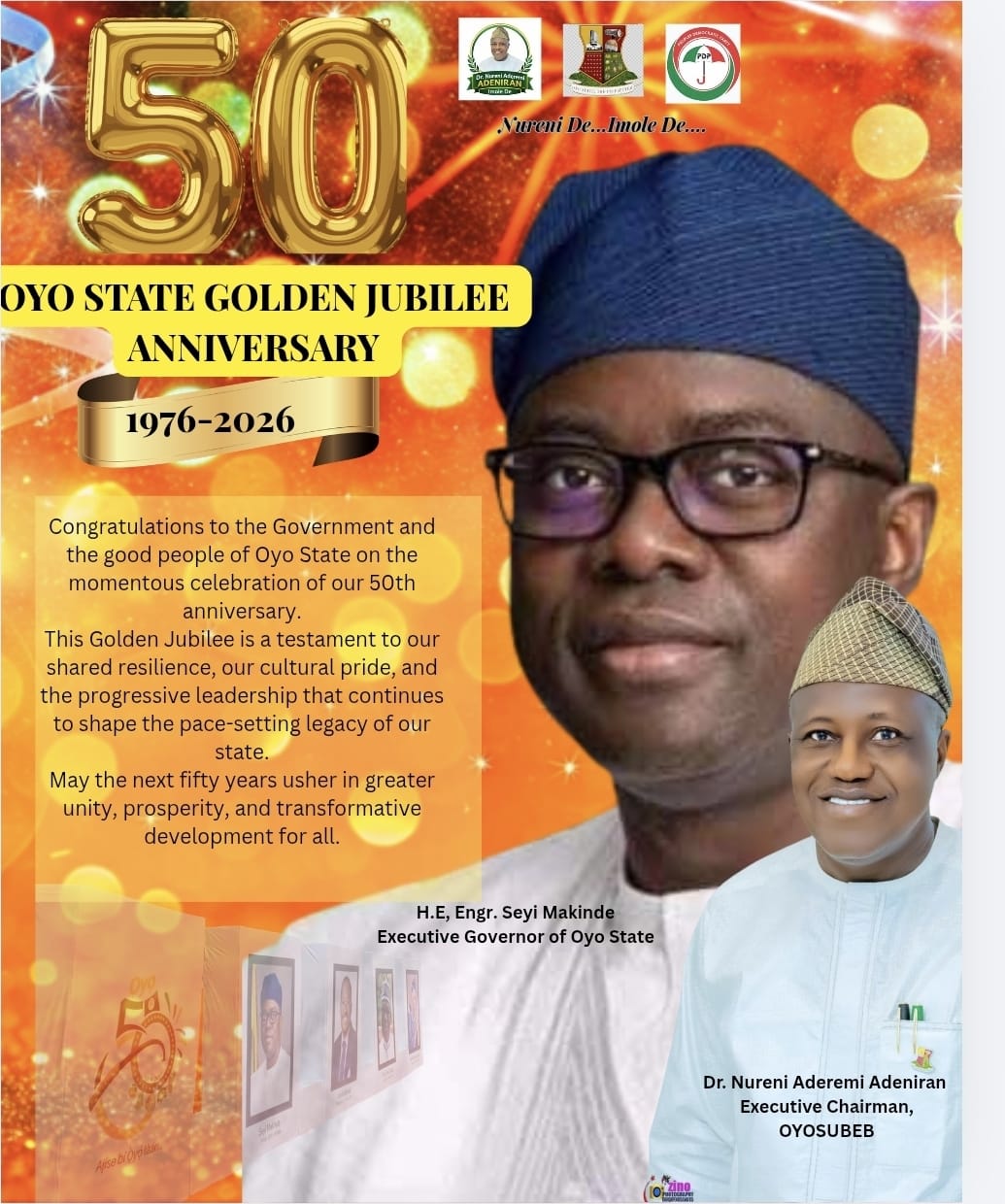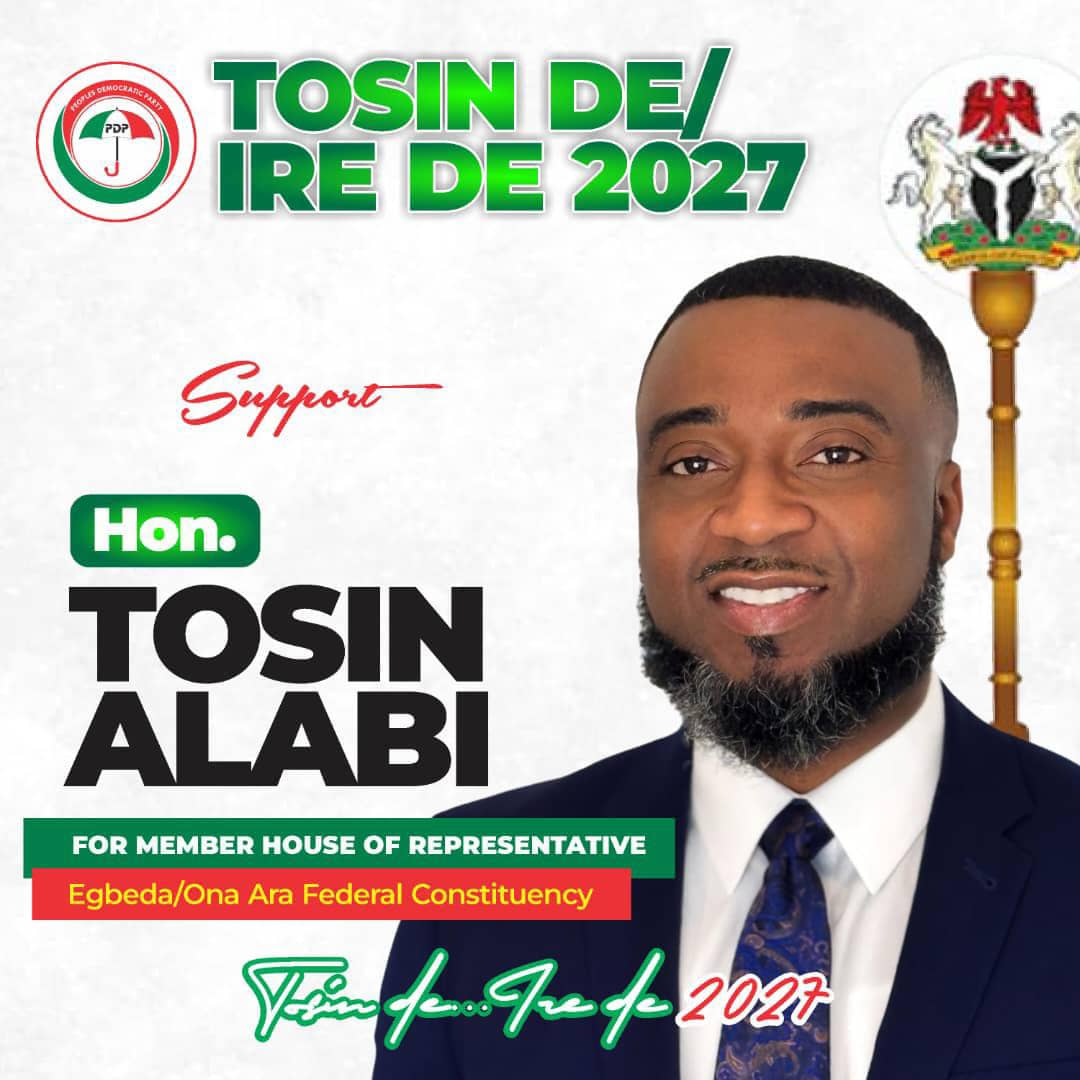After the death of Oba Saliu Adetunji at the age of 93, Lekan Balogun, a former senator, may ascend the throne as the new Olubadan of Ibadan, in Oyo State.
Except a sudden change in tradition of kingship of Ibadanland, the ancestral arrangement favours Senator Balogun to ascend the Ibadan throne.
We look at seven things you need to know about the next Olubadan:
1. Senator Lekan Balogun sits on the Board of several companies with interests in Oil and Gas, Distributive Trade, Management Consulting, Mechanized Farming and Export of non-oil items as well as Travels and Tourism. Erstwhile Administrator/Head, Industrial Relations, Recruitment and Scholarships, Planning and Development at Shell Petroleum Development Company.
2. He was once a Research Fellow with the Ahmadu Bello University, Zaria; a Director with Triumph Newspaper, Kano; Editor of the monthly Magazine-“The Nigerian Pathfinder” as well as Management Consultant for Multinational Organizations such as Leyland, Exiat Battery and Nigerian Breweries. He’s a renowned technocrat, author and philanthropist.
3. He holds a Doctorate, Master’s and Bachelor’s Degrees in Public Administration; Public and Social Administration and Economics from Columbus International University, Brunel University and Manchester University all in the United Kingdom.
4. A former Presidential Aspirant on the platform of SDP, Senator Balogun was also a Gubernatorial Candidate for the PDP in Oyo State in the present political dispensation and a Senator of the Federal Republic of Nigeria in the Fourth Republic. He was chairman Senate Committee on National Planning and was a member to many Senate Committees such as Appropriations, Security and Intelligence, Police Affairs and Defence (Army).
5. He has written and published widely. Many of his publications include but not limited to; A Review of Nigeria’s 4 years’ Development Plan, 1970-1974; Nigeria: Social Justice or Doom; Power for Sale: published in ; Arrogance of Power; Nigeria.

6. After his primary education, young Lekan was enrolled at CAC Modern School, Anlugbua. Then he was staying with one of his brothers, Late Hamzat Adewale Balogun, who was a civil servant but was studying privately for the General Certificate of Education, Ordinary Level ( GCE O’L). He was also subscribing to Rapid Result College in the UK to enhance his performance in the examination. But Lekan was secretly reading his brother’s correspondence which became very helpful to him when he wrote his qualifying test which was like ‘G4’ at the time.
While in the second year of the three-year modern school programme, Lekan sat for the Qualifying Examination and passed. Therefore, he left school without completing the programme.
Armed with this certificate, he travelled to the UK where he studied for his O and A levels certificates while doing a part-time job to sustain himself- all under 18 years of age. A highly cerebral student, gaining admission into the university was not a problem for him. In fact, he had the task of choosing from many offers after which he settled for Brunel University. He left the university in 1973 with a Masters degree in Administration and Economics.
7. He had brief stint with the Lamberth Local Government Social Services Department where he worked for one and a half years after which his academic inclination took the better of him and he enrolled for his Phd. Lekan’s outstanding academic performance did not go unnoticed.
For his undergraduate programme, he enjoyed university scholarship while his post graduate studies were sponsored by the Social Science Research Council. He returned to Nigeria and took up an appointment with Ahmadu Bello University (ABU), Zaria.
8. In 1973, he resumed as a research fellow at ABU Centre for Social and Economic Research. He also had the option of working as a lecturer at the University of Ife now Obafemi Awolowo University but he chose ABU instead because of the desire to relate with other people away from his birth place and to know their cultures and traditions. Young and energetic, it did not take him long to tender his resignation letter at ABU Having been employed as a positive research fellow to write papers for government and highlight how well it was doing instead of normative research whereby he would be engaged in writing what government ought to do, he felt the idea of “ praise singing” government’s programmes negated his ideological principle which is of the progressive leaning.
9. He later took up an appointment with Shell British Petroleum Company where he had a very flourishing career and got promoted almost every year until he became the Head of Recruitment. This bright prospect notwithstanding, Lekan didn’t stay too long in the company. Again, his ideological conviction was being challenged. His job, he thought, was not in consonance with his beliefs. He was no longer comfortable with a situation whereby as a member of management, he was saying ‘no’ to most of the workers’ demands and using his intellectual prowess to deny workers of what he considered to be their rights. In a book: The Portrait of an Activist, a biography of Lekan Balogun, it was recorded that “by working against Nigerian workers, those he was supposed to be championing their cause was simply against his conscience and not minding the prospects of his reaching the zenith in the company, he abruptly called it quits. ”
It was during his sojourn in the UK that Lekan developed the white-black consciousness which crystallised into activism and the struggle for human rights. To give vent to his passion, he joined the leftist Marxist movement. Thus, he not only rejected racist tendencies of the White but racism- whether it was black or white, because he was aware that though everyone in his country were blacks, yet there were some black people who were oppressors of their fellow blacks. He plunged into the murky waters of politics in 1978 when he joined the PRP of Late Aminu Kano.
10. His charisma, honesty and gallantry soon saw him climbing the political ladder with ease and grace that eventually accorded him the respect and recognition of the political overlords of Oyo State. Within a short period of time he had made his mark as an astute politician, activist and champion of down trodden masses. He later became the gubernatorial candidate of one of the major poltical parties in the country, the Nigerian People’s Party (NPP) of Dr Nnamdi Azikiwe.
The military coup of December 1983 kept him and other political giants in the cooler for 16 years. He later re-emerged on the political scene with his election as a distinguished senator of the Federal Republic of Nigeria in 1999.
As Senator Lekan Balogun rose in politics, he continued to rise in the traditional hierarchy of Ibadanland, culminating in his present position as the Olubadan elect of Ibadanland.
His younger brother, Senator Kola Balogun is the Senator representing Oyo South Senatorial district .























